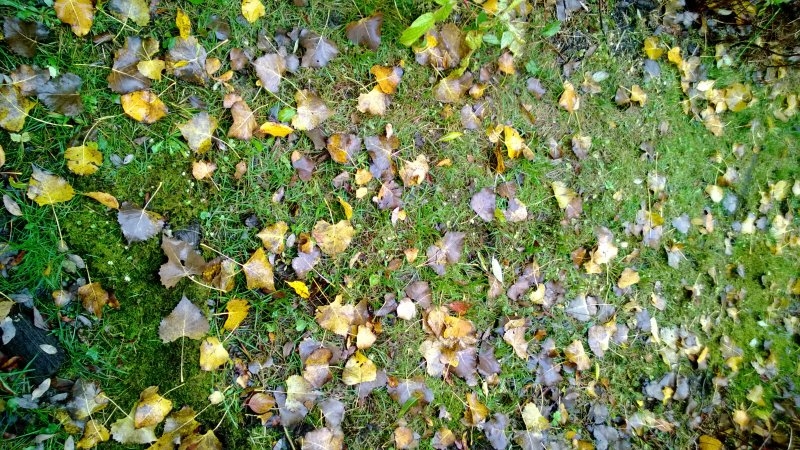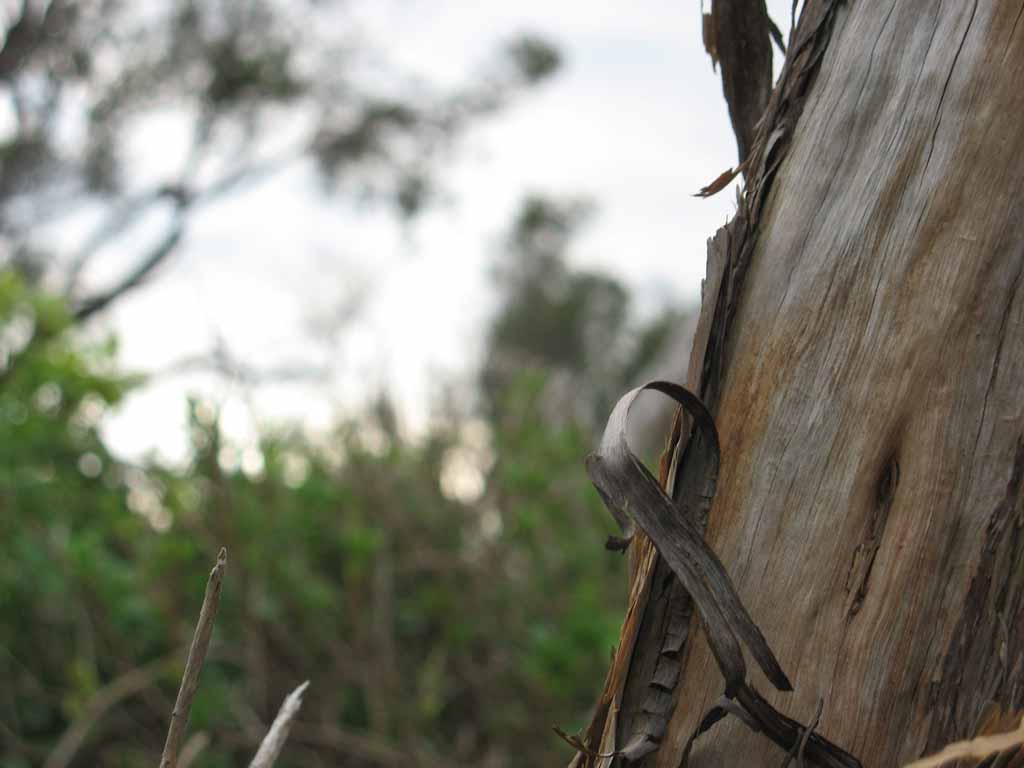Bad Tree, Bad Fruit
A good tree cannot bear bad fruit, and a bad tree cannot bear good fruit.
Matthew 7:18
That which is born of the flesh is flesh, and that which is born of the Spirit is spirit (John 3:6). The physical body and the physical soul are not evil creations. In the beginning, God created them, and He called them good (Genesis 1:31). Yet, fallen man is completely incapable of pleasing God on his own (Romans 3:11). It takes Faith to please God (Hebrews 11:6), and this is given (Romans 12:3).
The life of the Christian is marked by ‘baptisms’ (plural, see Hebrews 6:1). We are baptized (immersion, you go down into it) into Christ, and we are baptized (immersion, you come underneath it) into the Holy Spirit. This was depicted in the wilderness by the Israelites being baptized into the Red sea (water baptism) and the cloud (the Holy Spirit) (1 Corinthians 10:2).
What the law was powerless to do, God did, by sending His son (Romans 8:3). What the law couldn’t do, to make us holy, God did in sending His son. As a result, we are a new creation in Christ (2 Corinthians 5:17), and while we are currently and eternally holy, blameless, and free from all accusation in Christ now (Colossians 1:22) through Christ, the new creation within us cannot continue in sin, for it is born of God (1 John 3:9).
For the word of God is living and active. Sharper than any double-edged sword, it penetrates even to dividing soul and spirit, joints and marrow; it judges the thoughts and attitudes of the heart. Nothing in all creation is hidden from God’s sight. Everything is uncovered and laid bare before the eyes of him to whom we must give account.
Hebrews 4:12-13
The Word of God is our mode of differentiating then. When we are born again, our old man is crucified with Christ, buried with Him in baptism, and we have a new nature. Yet, we are by instruction commanded to put off the old nature and to put on Christ (Ephesians 4:22-24). In other places, after the foundation of our identification with Christ’s death, burial, and resurrection, Paul presents this as the basis for true repentance, the putting off of the old manner of life (Colossians 3:5).
Paul wrote that in his flesh dwelt no good thing (Romans 7:18). This was not talking about his new nature, but his old. But, in Christ, the old is done away with, and the new has come.
In Christ, that is the His Kingdom of who He is, is fruitfulness, is increase. Everything that God does prospers (Isaiah 55:11).
No bad tree can ever bear good fruit. One can try in the flesh all their life, and, as Isaiah prophesied, it is fully considered as filthy rags (Isaiah 64:6). There is no good thing that can come from our own desires, our own motives, our own efforts.
And, yet, after reading such a phrase as that, one might be tempted to throw their hands up and exclaim like Paul… “What a wretched man I am! Who will rescue me from this body of death?” (Romans 7:24). Thankfully for us, God’s answer is immediately recorded by Paul in the next verse.
Thanks be to God—through Jesus Christ our Lord!
Romans 7:25
You see, there were two leavens that Jesus warned about in the New Testament, the leaven of the Pharisees and of Herod. The leaven of the Pharisees is recorded as hypocrisy (Luke 12:1), often by interpretation “legalism”, and the yeast of Herod is taken as lawlessness, or excess, or iniquity, as Herod was a very loose man morally, only interested in his senses.
The Pharisees missed Jesus because they were duplicitous, false, and pretended to be something when they were not, when they knew they were not. They were before the people as keepers of the law, when none of them did. Consider the woman caught in adultery. Jesus said that the one without sin could cast the first stone (John 8:7), and they all went away, starting with the oldest.
By God’s own righteous law, every single one of the Pharisees knew that they deserved the full weight of the law in their own personal lives, knew that they were sinful, and yet, instead of living in that place as broken, dejected sinners, doing they best they could while still crying out for true holiness, they sat as judges of the people, rulers ruling over them.
And, even when Jesus came and showed them with the light in His own sinless life, they continued to choose darkness, rather than the light (John 3:19).
Consider the response of John the Baptist. This man was leading a great religious movement back to the fathers with his message of repentance (Malachi 4:5-6, Matthew 3:2). Yet, when Jesus arrived, he knew his place. He did not attempt to pretend to be righteous in the least, but rather, asked for his own baptism.
But John tried to prevent Him, saying, “I have need to be baptized by You, and do You come to me?:”
Matthew 3:14
John knew that he himself was unworthy to even untie Jesus’ shoes, let alone baptize Him. He knew that he was a sinner (Romans 3:23). He, himself, needed cleansing and baptism for repentance (see above). He himself was not worthy, and never portrayed himself as anything other than a voice. The greatest man ever born of a woman was merely a yielded vessel, living in obedience.
Yet, what Jesus received at the cost of a sinless life on the day of His baptism, we receive by faith today. Jesus in His sinless perfect lived out of a life of perfection, and the Father gave Him the Spirit without measure. Today, we receive both His forgiveness, righteousness, and anointing by believing upon Him.
But, so much as what comes from our old self, that Paul continued to teach people to put off, is and always will be worthless. You can prove who lives out of the Spirit of Christ within and which Christians live out of some level of mixture simply by looking at who God approves with His Spirit, presence, gifts, and ability to live in His Peace (1 Corinthians 11:19).
God loves us, and does not want us living out of our old nature anymore. He wants us to continue to grow in faith and maturity so that we come to the full stature of the measure of Christ (Ephesians 4:13).
The cross is the gateway and the destination, after a fashion. We are invited into His death in salvation, and called to it continually to choose His path, choose His life within us, and be able to live it. You cannot live in the life of God if you embrace a lifestyle of either hypocrisy of a supposed perfect when you are not there or in a place of lawlessness and iniquity saying it simply no longer matters how you live at all (Matthew 7:23).
No bad tree can every bear bad fruit, yet that which is born from above lives forever.
History and intelligence alone should demonstrate, without even the need for religious debate, that there are those sincere Christians who continue to fail, and there are those who do not.
But we can ask God for the fruit of repentance. We can ask God for discernment. We can continue to ask Him for cleansing. We can continue to believe in that finished work of the cross within us to do the work, and chose by His Spirit to live out of that place within us for His Glory.
The work of the cross is ongoing, as our hearts are purified and our motives are subjected unto righteousness. Yet, as they are, and as that path gets clearer and clearer (Proverbs 4:18), the Lord continues to light our way, show us the depths of Himself and set us free.
When you know you are forgiven, your pursuit of holiness is no longer out of fear, but out of love. Gratefulness is our guide, and only by His Grace, and His Spirit day-by-day do we survive.
His tree within us, planted with a single word of faith, is sufficient for all our days.




















